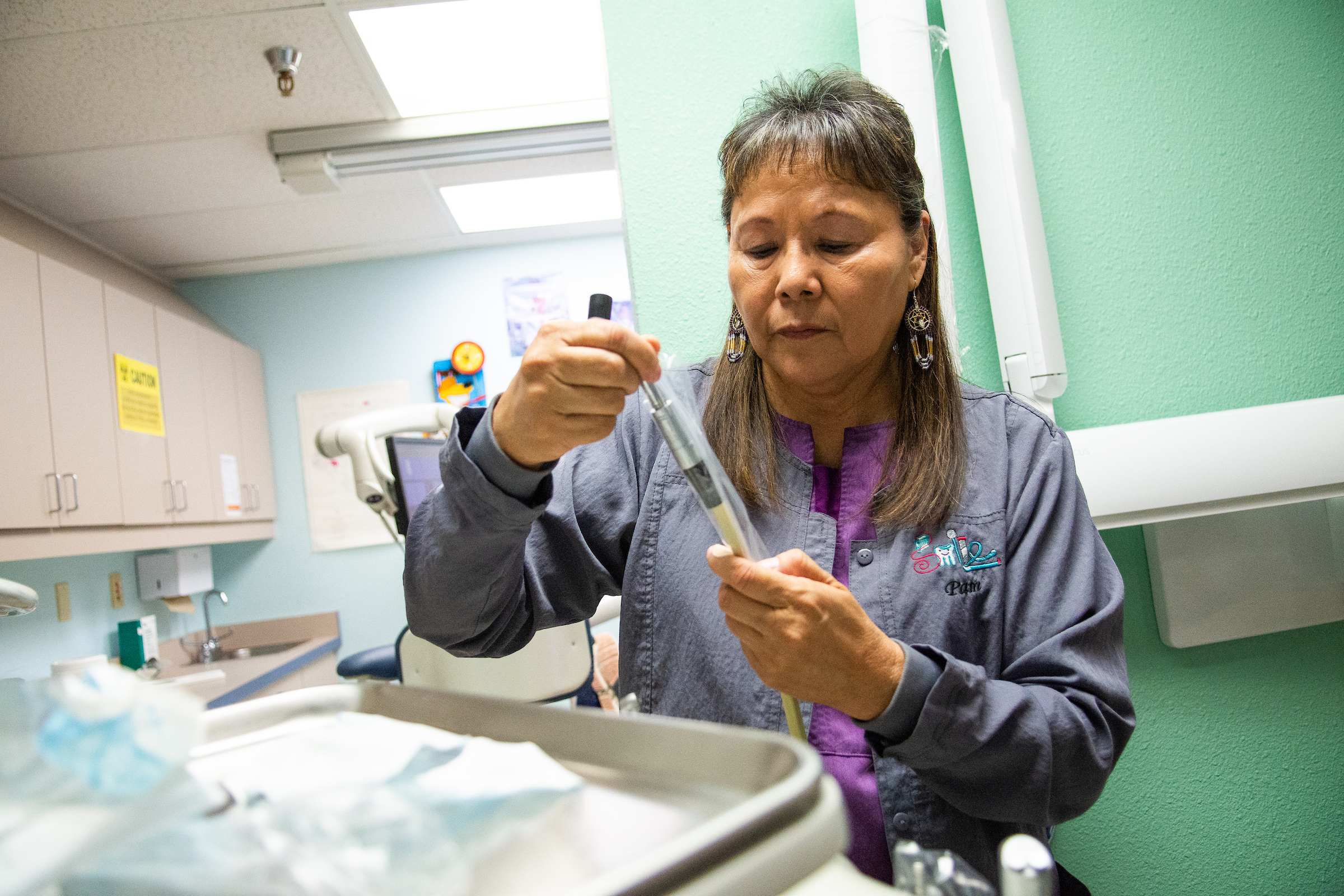Any experience on how this is affecting general dentists in these states? Are mid levels becoming employees doing bread and butter while allowing their employer gps to focus on specialty procedures? Or are they displacing gps in the corporate setting? Something else maybe?
Many states and/or countries where mid levels have been implemented have seen very little effect. In Minnesota, where the dental therapist law was passed 10 years ago, there are currently only about 80 therapists practicing in the state vs about 3000 dentists.
If a state passes DT legislation, and it may potentially happen in my home state of CT within the next week or so depending on which part of my states budget bill it may or may not get attached to if at all, then it's impossible for any immediate effect to take place. You need to have an educational institution with the desire to start a DT program, work to make sure that before the 1st class of DT's would enroll that the program has received preliminary CODA (Committee of Dental Accreditation) certification for the curriculum (just like any dental school has to do), then attract the faculty, build the facilities, and then begin enrolling a class. Most DT educational models call for a 4 years program (there are some models looking at a 6 year Master Level program) before the DT's can gradate. Given that it typically takes about 2 years to develop a curriculum, build the facilities, attract the faculty and get the preliminary CODA accreditation, it's at least a 6, if not 8 year process to get the 1st class of DT's though schooling and out into patient treatment.
The next thing to consider, is in some states, the DT legislation has specific clauses attached to it that states that a DT can only practice in a public health setting, this negating the potential for corporate chains to employ DT's (that is part of the proposed legislation in my home state of CT). Also, in some stets and countries where DT's have been in place for some time now, what is being seen is that the intention of the legislation to put DT's in rural settings only isn't holding up, as DT's, where they can, tend to migrate back to a more suburban or urban setting for their own quality of life desires.
The last thing that seems to be lost on the legislators who may or may not choose to pass DT legislation is the educational cost and then the expected salary that a DT would need to command to pay for the educational costs and how that can play into the situation, especially if it is a public health setting. 4 to 6 years of educational expenses, depending on where the school is that would be educating a DT is a particular state, and whether it's a private or public school, as we all know can add up to 100K to potentially 250k+ in educational costs depending on the parameters of the program. Your going to be looking at a group of students whom upon graduation will be expecting a 6 figure salary from day 1. If that is solely in a public health setting, you may very well see situations where some of the finite pool of state and federal funds that are allocated for dental care for the poor, are going to be going not to direct patient care costs, but to pay for the providers above and beyond current percentages, thus in effect decreasing the potential total amount of care given based on costs.
There is not question that a properly trained DT can do competent clinical work. A properly trained DT can't however do a procedure for less overhead costs than a dentist can. Most dentists can also do the procedures at a more rapid pace and more types of procedures than a DT can, thus adding to the more efficient costs that a dentist can delivery care at vs a DT.
The groups behind pushing DT legislation use the effective lobbying tactic to our legislators about making a DT seem to be the end all to the "access to care" problem for the "underserved". In reality it's not about lack of access to care for most, it's about lack of access to "free" care, and that's an entirely different question. And that's not something that any amount of DT's are going to "fix". DT's are coming to more and more states in the not to distant future, DT's though won't solve any "access" problem, DT's will add another level of costs to the care delivery structure. DT's won't be around in anything resembling an appreciable number most anywhere in decades, if ever unless some drastic changes to how dental care is delivered happens

 thenevadaindependent.com
thenevadaindependent.com

